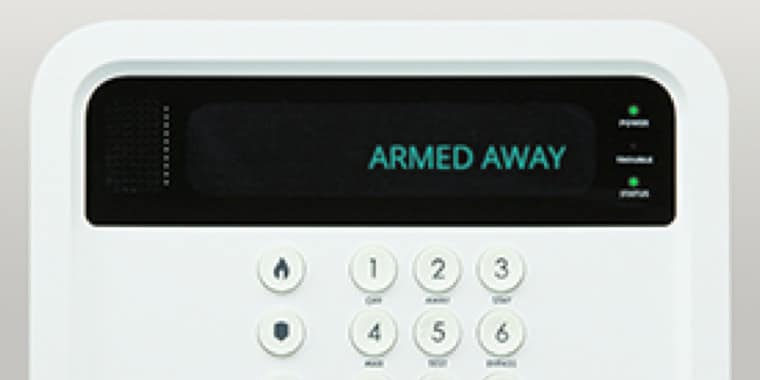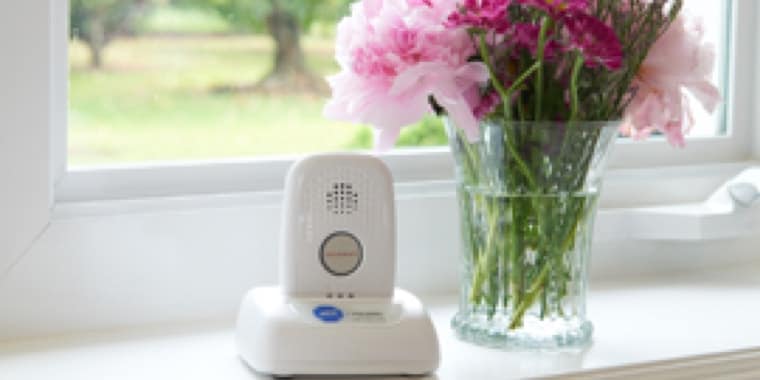There's a lot of information available on security solutions and condo or apartment safety tips when it comes to traditional family homes and townhomes. But a great number of people across the country live in apartment complexes and condos for much of their lives, so it's important to keep in mind the unique precautions that accompany apartment or condo living. Thankfully, following a few basic condo and apartment tips can make sure you stay safe.
Before You Move
If you live in an apartment or condo, chances are high that you rent, and if you're a renter, odds are also high that you move frequently. This means that you need to do your research every time you decide to move to a new location.
First apartment tip is you should always do proper research on your desired neighborhood. Does it have the amenities you want like easy walkability, door attendant, parcel service, etc.? Also how safe is the neighborhood? There are many crime maps and statistics available online that can help guide these decisions.
When choosing the apartment itself, look for the general entrances to see how secure they are. Do they require a key or a numerical code? Is there a front lobby with security? If the entrances seem to offer easy access to anyone, then the building most likely isn't the best bet.
Additionally, before you move in to your new apartment or condo, make sure that the locks have been changed since the previous tenant. You never know who may have lived there before you and this will help protect you against any harmful situations.
Daily Condo / Apartment Safety Tips
Once you've moved in, it's important to practice safe living habits. This is where you can practice basic things like:
- Always lock your doors and windows. This might seem like a common sense apartment tip, but apartment complexes can see many visitors throughout the day and night and it is likely that you don’t know who they are. Pay extra attention to any sliding doors by putting pins or rods into the sliding track—this adds an extra layer of difficulty for any burglars. Entrance doors should have dead bolts and peepholes. If the doors do not have deadbolts, ask permission from management if you can install a more secure lock or a door and window alarm system.
- Getting to know neighbors. The more people you know in your building, the easier it is for you to recognize strangers. The same way in which neighbors help while living in a suburban neighborhood, your neighbors in your building can watch your place or care for your pets while you're away.
If you see someone you don't recognize and your instinct tells you that something is off, listen to yourself and remain cautious. If someone knocks on your door, look through your peephole first. If you don't have one, ask for ID from your visitor through the door. If the person won't cooperate with you, stand your ground, refuse to open the door and tell him or her goodbye. Alert security, management or the police.
- Close your blinds. Installing blinds or curtains in your apartment or condo helps keep nosey passersby from eyeing your stuff. Again, more foot traffic in buildings means more potential onlookers. As an added bonus, some curtains and blinds can even save you on your utility bills.
- Get and use a safe. Safes might seem like a frivolous item to have in an apartment, but they actually provide a good place to keep your most valuable possessions (e.g., insurance documents, passport, birth and marriage certificates, etc.) protected from theft and fire.
- Don't use the laundry room alone. Don't hang out in the laundry room at night alone because laundry rooms typically are located in the basement or bottom floor of buildings, usually in dark, unprotected areas. Here's another instance where a good neighbor can help you. Plan a night of the week where you do laundry together so you're both protected.
Let ADT help you get the right system to protect your family and your condo or apartment, visit our Compare page today.





